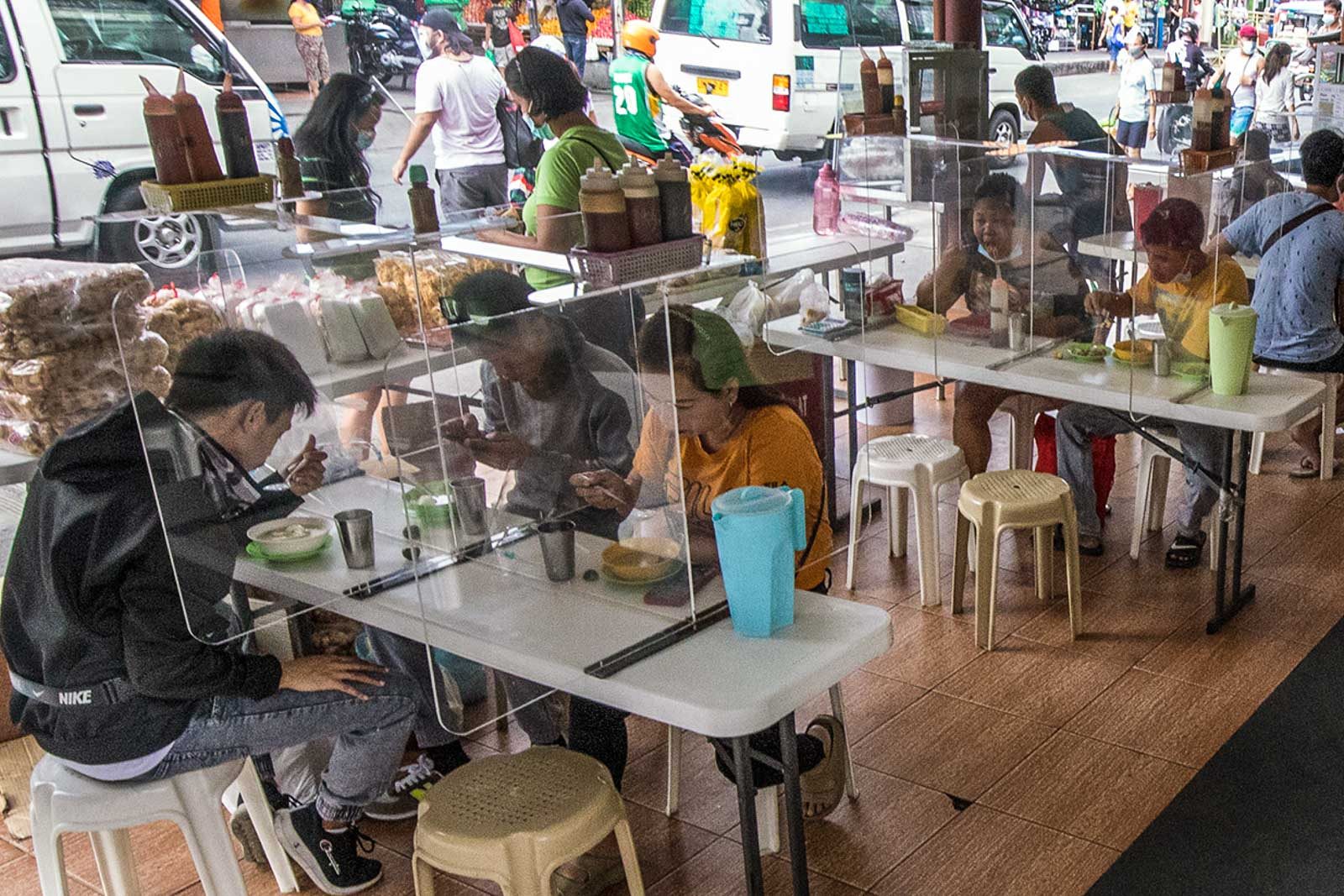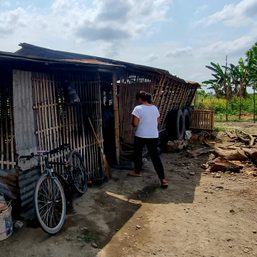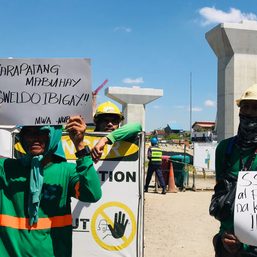SUMMARY
This is AI generated summarization, which may have errors. For context, always refer to the full article.

For the first two months of 2021, 17% of business establishments in the country recorded an occupational safety violation related to COVID-19 protocols, according to figures from the Department of Labor and Employment (DOLE).
During a Department of Health briefing on Tuesday, March 23, DOLE Assistant Secretary Teresita Cucueco presented data that the initial compliance rate among business establishments nationwide, from January to February 2021, was at 82.8%.
Out of the 3,888 establishments monitored by DOLE during the time period, 668 establishments or around 17% recorded deficiencies in complying with minimum public health standards.
The total number of business establishments monitored have a total of 265,752 workers.
DOLE said the most common violation is the failure of establishments – 346 of them – to meet the agency’s guideline to include a COVID-19 control plan in their occupational safety and health program.
DOLE also counted 247 establishments which did not have at least one safety officer to ensure the strict implementation of minimum health protocols.
Cucueco assured the public that DOLE gives businesses time to comply with COVID-19 safety guidelines, instead of outrightly ordering the shutdown of their operations.
“There is a period of correction to comply, but if it is public minimum health standard, you have to comply ASAP (as soon as possible),” she said.
Trade Undersecretary Ruth Castelo, who was at the briefing, said that the government wants businesses to earn and generate jobs during the pandemic.
“If the violation is not willful, we do not shut them down,” Castelo said.
Proper ventilation in workplaces
DOLE’s data came amid growing concerns that workplaces are becoming COVID-19 hotspots.
On March 17, Quezon City Mayor Joy Belmonte said her local government’s study showed that household transmissions of the coronavirus stemmed from infections that started in the workplace.
Government officials at Tuesday’s briefing reminded workplaces to adhere to DOLE’s updated ventilation guidelines.
These include installation of exhaust fans in non-airconditioned indoor spaces and maximizing natural ventilation through the use of doors, windows, and other openings.
For airconditioned spaces, workplaces are reminded that “outdoor air supply should conform to the recommended breathing zone ventilation rates” among others.
“It is not very difficult. We have tried to make it as simple as possible, so that there would be very good air quality in these enclosed workspaces,” Cucueco said.
Medical experts who are part of the Healthcare Professionals Alliance Against COVID-19 earlier stressed that it is important for businesses to keep their workspace safe for workers and the public to prevent the spread of COVID-19 when they return to their homes or communities.
On March 21, the government prohibited indoor eating in restaurants in favor of al fresco dining, as part of the enforcement of the guidelines under “NCR Plus,” a bubble setup of Metro Manila, and the provinces of Bulacan, Cavite, Laguna, and Rizal. – Rappler.com
Add a comment
How does this make you feel?


![[Time Trowel] Evolution and the sneakiness of COVID](https://www.rappler.com/tachyon/2024/02/tl-evolution-covid.jpg?resize=257%2C257&crop=455px%2C0px%2C1080px%2C1080px)



![[ANALYSIS] A new advocacy in race to financial literacy](https://www.rappler.com/tachyon/2024/04/advocacy-race-financial-literacy-April-19-2024.jpg?resize=257%2C257&crop_strategy=attention)



There are no comments yet. Add your comment to start the conversation.